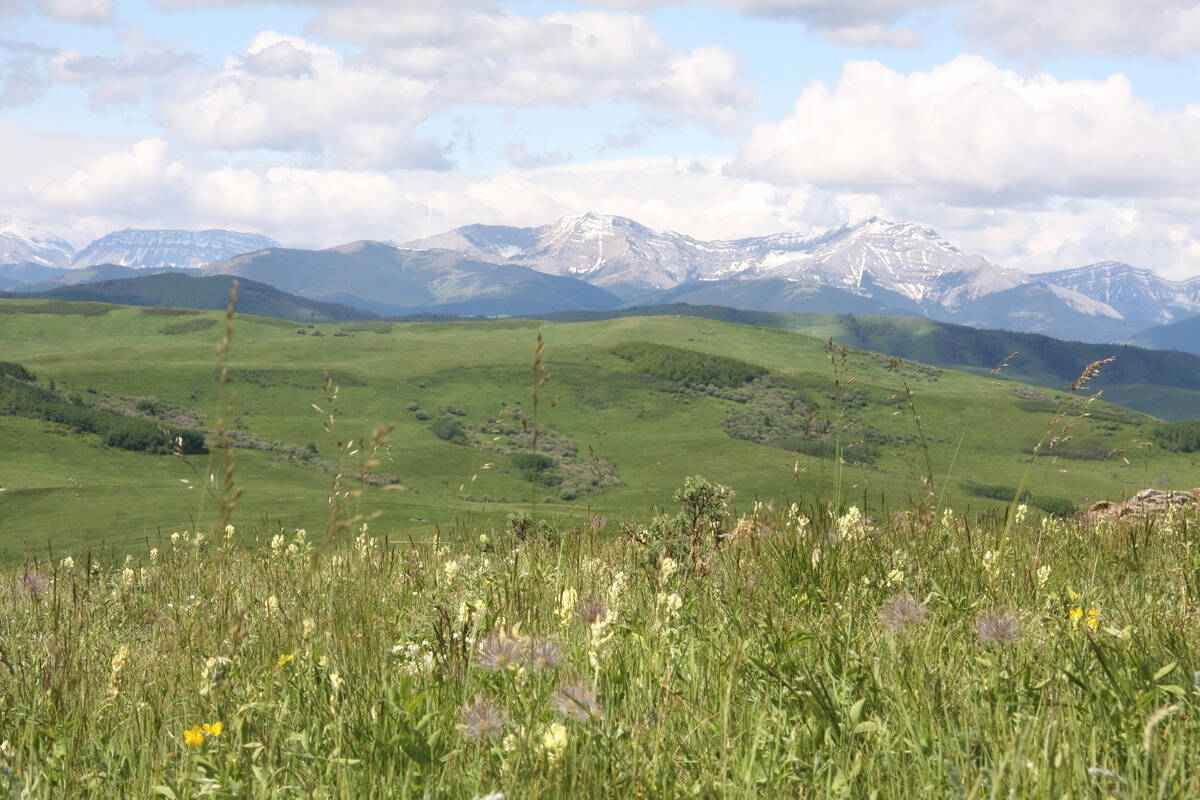Prairie livestock producers should not expect more access to the European Union if Canadian access isn’t expanded for European dairy exporters, says the EU chief diplomat in Canada.
“It’s the overall balance which is important,” ambassador Matthias Brinkmann told reporters in Ottawa April 26.
“For the Prairies, the beef issue is a big one and there will be no deal without dairy; it’s almost a foregone conclusion.”
He said the EU wants a significant increase in the 20.4 million kilograms of European cheese allowed into Canada under quota.
Read Also

Selenium not deal breaker in coal mining: expert
Environmental scientist weighs in on coal mining debates in Western Canada, explaining selenium and the technologies and practices to lower its concentrations in nearby waterways to coal mining operations
He also noted there is a demand in Europe for Canadian meat.
“In Alberta and the Prairies, they tell us, ‘we have good beef and we want to sell this beef and pork to you,’ ” Matthias said during a breakfast briefing at EU offices in Ottawa.
“Well, our market can take that, the high-quality beef is in demand, it must be hormone-free and antibiotic-free, but that’s no problem for producers, they tell us, because although it costs a bit more, they already produce hormone-free beef.”
Brinkmann laid out his unusually blunt assessment of the bottom-line European agricultural demands a day before the Canadian government launched a cross-country blitz to extol the benefits for Canada’s farmers in a Canada-EU deal, including increased commodity shipments to Europe from the Prairies.
Conservative trade promoters did not mention the thorny issue of supply management protection and defence of high Canadian tariffs in their speeches.
Matthias said sensitive agricultural demands and counter demands have yet to be exchanged between the two sides as the negotiations reach what are considered their final months after more than two years of talks.
He said in any negotiation, agriculture is often the most difficult area and therefore is left to the end when other issues have been resolved.
“It’s not the first time. I would say it is normal.”
Maurizio Cellini, economic and commercial affairs specialist in the EU delegation, said Europe needs concessions from Canada if it is to open more of its markets to Canadian export commodities.
“There must be balanced concessions on both sides.”
Matthias said the EU is not demanding an end to protectionist supply management. There are ways to increase access for European cheese through increased quotas that will not undermine the high Canadian tariff wall.
It is a trade liberalization solution proposed recently by former Canadian chief agriculture negotiator Michael Gifford. Dairy Farmers of Canada has rejected the proposal.
Meanwhile, despite the Canadian depiction of a Canada-EU free trade deal this year as a certainly, European officials said last week ratification of a deal is not a given within the EU system.
Trade treaties must be approved by consensus within the European Parliament, and three EU countries subject to Canadian visas in an effort to stop the influx of Roma refugee claimants from Europe are vowing to oppose any treaty with Canada if the visa requirements are not lifted.
The Czech Republic, Bulgaria and Romania are the three affected countries.














